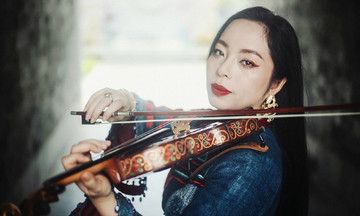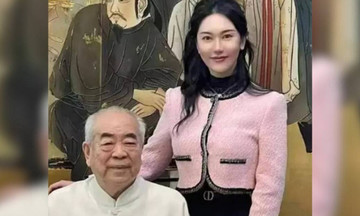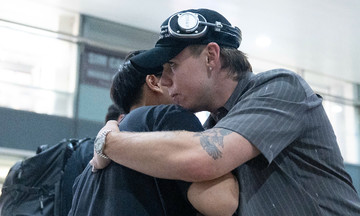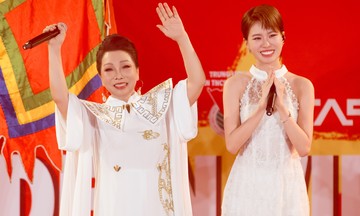On 4/8, Publishers Weekly reported that author J.B. MacKinnon filed four lawsuits in the Supreme Court of British Columbia against major tech companies Nvidia, Meta, Anthropic, and Databricks Inc. on behalf of Canadian authors.
The complaint alleges that Nvidia trained its large language models (LLMs) using a dataset of 196,640 books copied without the authors' consent. Court documents indicate MacKinnon's "The Once and Future World" and "100 Mile Diet" are among the copied works. "They're not just using a snippet. The whole AI model is built by extracting the intellectual property from copyrighted books," MacKinnon said.
 |
Canadian author and journalist James Bernard MacKinnon, a journalism lecturer at the University of British Columbia. Photo: CBC |
Canadian author and journalist James Bernard MacKinnon, a journalism lecturer at the University of British Columbia. Photo: CBC
MacKinnon voiced concerns about AI competing with or replacing human writers, likening the battle between publishers and AI to the biblical David and Goliath. "We’re up against some of the biggest corporations in the world. This is a tough journey," he stated.
The lawsuit seeks several remedies, including an injunction preventing Nvidia from further using or profiting from the works. It also demands Nvidia disclose revenues derived from this unauthorized use and return the profits to the copyright holders. Furthermore, the plaintiffs accuse the tech companies of "deliberately concealing their wrongdoing" by removing copyright information before using the books for training and instructing the AI to provide "misleading" answers when questioned about the issue.
Reidar Mogerman, MacKinnon's lawyer, told CBC, "The goal of these companies isn't to create a better world, it's to make money. We can appreciate the creativity of AI, but we must also respect copyright. These two things need to go hand-in-hand, especially when AI has the potential to directly compete with the work of many authors."
AI's role in publishing has become a contentious issue in recent years. In March, the Society of Authors (SoA) urged the UK government to hold Meta accountable for allegedly using their books to train its Llama 3 AI model without permission. Anthropic AI faced a similar lawsuit, but a late June court ruling partially upheld its actions regarding legally purchased and scanned books. Around the same time, 70 American authors wrote to publishers urging them not to use AI in book production.
Conversely, some express optimism about the future of publishing. On 12/3, Sam Altman, CEO of OpenAI, the company behind ChatGPT, stirred the literary world by posting the AI-written short story "A Machine-Shaped Hand." On X, he commented that the work "conveys the right feeling of super-fiction." In Japan, Kohkoku magazine published a work 95% written by ChatGPT, set in a post-apocalyptic world. Writer Rie Kudan, who guided the AI and is responsible for the remaining 5%, said the experience made her reflect on the meaning of writing fiction.
Chau Anh (via Publishers Weekly)











